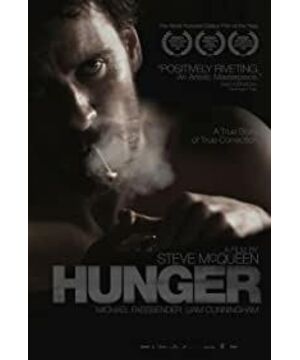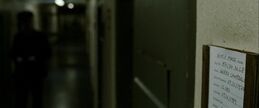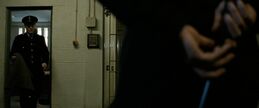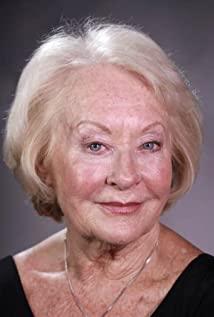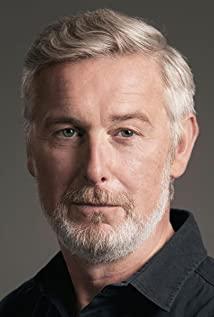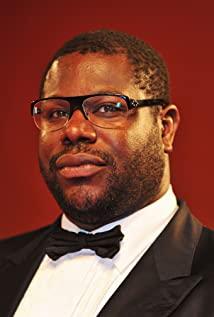The main story of the film is that Bobby Sands of the United Nations in Northern Ireland died during a hunger strike in order to restore his status as a political prisoner.
The director used such a statement and recorded the story of the incident to make the film full of depression and resentment through different artistic methods and expressions.
"We are from Belfast. If they can't hear us, we will scream in a louder voice."
Bobby Sands lay scrawny on the white bed, the hazy childhood that appeared in front of him. , He walked through a jungle, a stream, and was naked, looking back again and again, his childhood clear eyes echoed the now dying struggling, for the Catholicism in his heart, for the dignity of Northern Ireland.
In the lens, the whole environment is dirty, depressed, full of blood and violence. What I have to say is two long shots. One, the director fixes the scene where Bobby Sands, who is about to go on a hunger strike, talks with the priest who is trying to persuade him. For 17 minutes, all the air was still in the prison. Tall windows and gray-blue light. On either side of the square table in the center sits Bobby Sands and the priest. Such a completely stable and balanced composition bred their imbalance more thoroughly and rebelliously. There are too many points in the dialogue. Only here, the protagonist Bobby Sands’s inner thoughts, beliefs, growth experience and views on life are fully presented. In the meantime, Bobby Sands smoked three times, and the smoke rose straight, just like Bobby Sands's self-esteem and protest, straight and stubborn. Second, when the film was about to end, a prison guard was in a dark but silent aisle, holding a tool to numb and mechanically clean the water and dirt on the ground. He went from far to near, from small to loud, from vague to clear, and his voice also changed from small to loud, until it was ear-piercing. The white light shone on the prison guard, bringing different contours and shadows. And the dark water marks on the ground gradually became lighter and brighter following Mrs. Thatcher's announcement. Bobby Sands appeared on the clean bed and in the room. Such a scene through a repetitive and boring prison guard gradually transitions to the voice of Mrs. Thatcher and then to Bobby Sands, which crosses morality, faith, freedom and republic, and crosses violence, darkness and filth. . And the nationality and dignity in Bobby Sands's heart has also been transformed from the previous vocal violence and resistance into a peaceful and static silent resistance in this process. This transition is more like a manifestation of national dignity.
Then there is music. There is less music in the film. The first paragraph is when the guards cut off Bobby Sands's hair and washes his hands in the sink. Cruel blood stains all over the joints of the hands. After that, Bobby Sands recalled his childhood, folk songs, countryside, running, sunshine, full of unknown for the future, and full of love for his hometown. At the end is the ending song, the piano is full of dull percussions, just like Bobby Sands's endless protest in his heart. Solid and brave.
Lessing is called a "civilized barbarian". I want to face the dignity of a nation, or republicanism in his heart, or political status. Bobby Sands has shown all his courage. He is also a civilization. Barbarians.
Hunger, we have been hungry many times, so hungry that we are exhausted, and our mouths are dry and bitter. So began to devour things frantically to replenish nutrients and energy. And have we ever felt hungry in our own national dignity? Do we have to absorb some nutrients to make the nation no longer hungry?
View more about Hunger reviews


